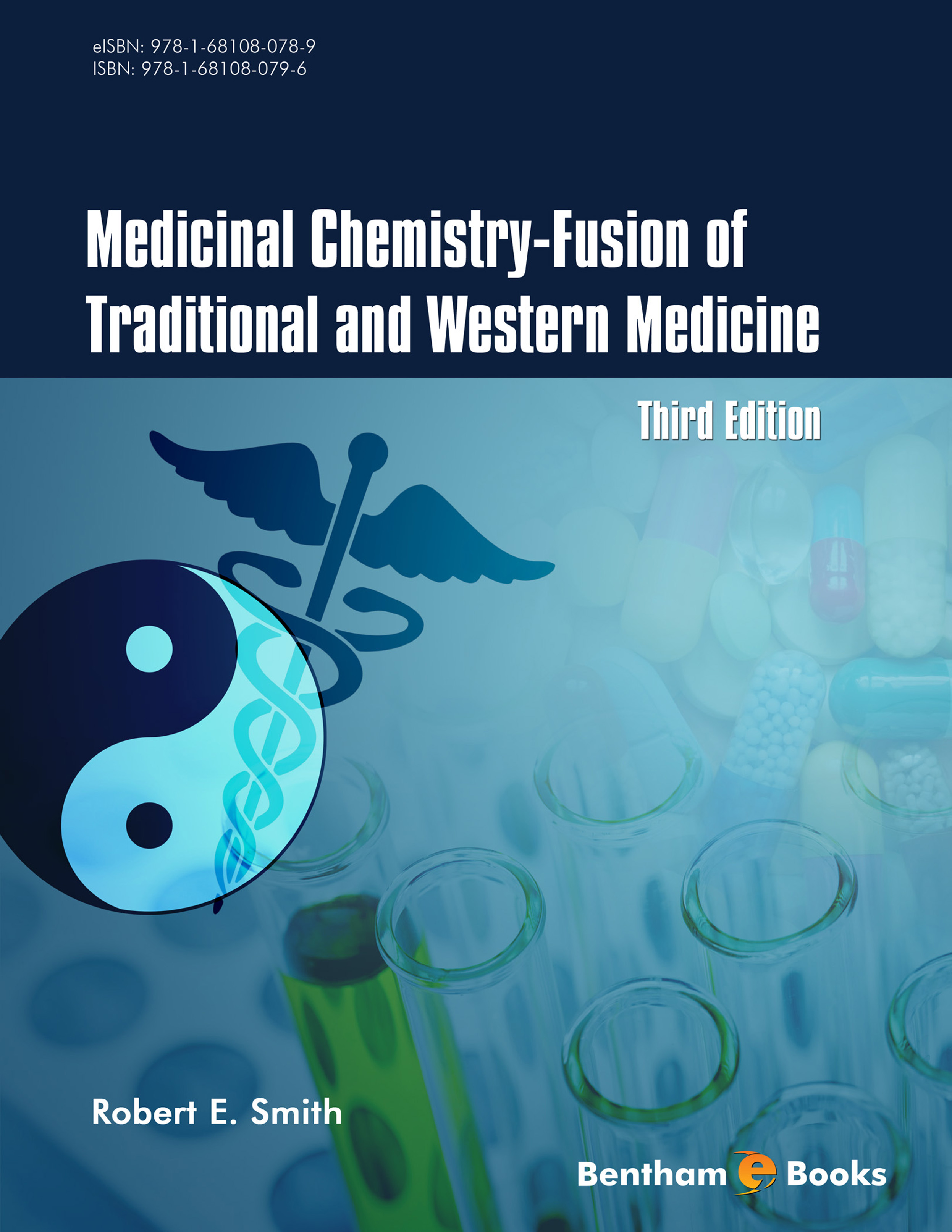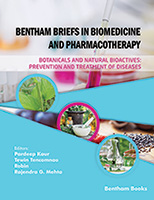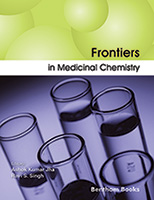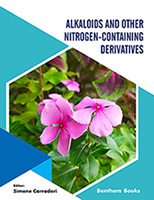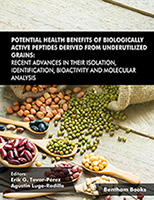Introduction
Medicinal Chemistry - Fusion of Traditional and Western Medicine is a textbook intended for students taking courses in the various fields of medicinal chemistry, pharmacy, medical and dental programs. Moreover, people working in the pharmaceutical industry and doctors preparing for Medical Board Exams will also find it useful. Since, new drugs are being developed by multi-disciplinary teams; this E-Book describes new paradigms that are emerging in modern biology, biochemistry and medicine. It is therefore a fusion of traditional and western medicine and between systems thinking and reductionist thinking.
The 3rd edition attempts to explain the predictive, preventive, personalized and participatory (P4) paradigm of medicinal chemistry. This edition features new chapters focusing on personalized medicinal chemistry and the endocrine system (with a discussion of bioidentical hormone therapy). Other chapters cover the disease mechanism and associated pharmacology of drugs for several diseases including cancer, metabolic syndrome, diabetes, heart disease, stroke, osteoporosis, neurodegenerative diseases, the immune system and much more. The new edition also includes an overview of emergent medical problems and possible solutions (such as the flu, ebola virus, global climate change, a shortage of medicines, genetic engineering and stem cell therapy). Drugs that have been approved by the FDA since the 1st edition was written are also included. The book concludes with an explanation of systems thinking in medicinal chemistry, an important, yet rarely explored topic in other medicinal chemistry text books.

